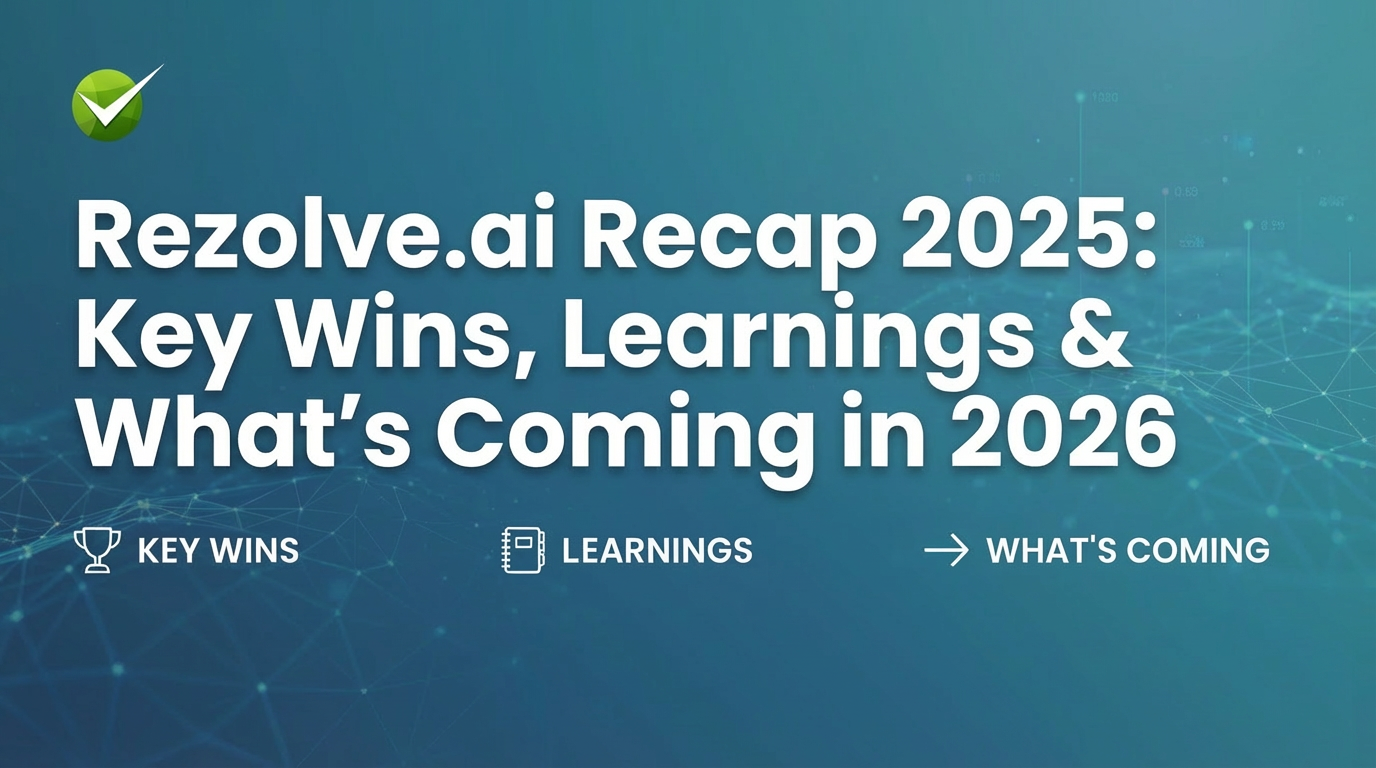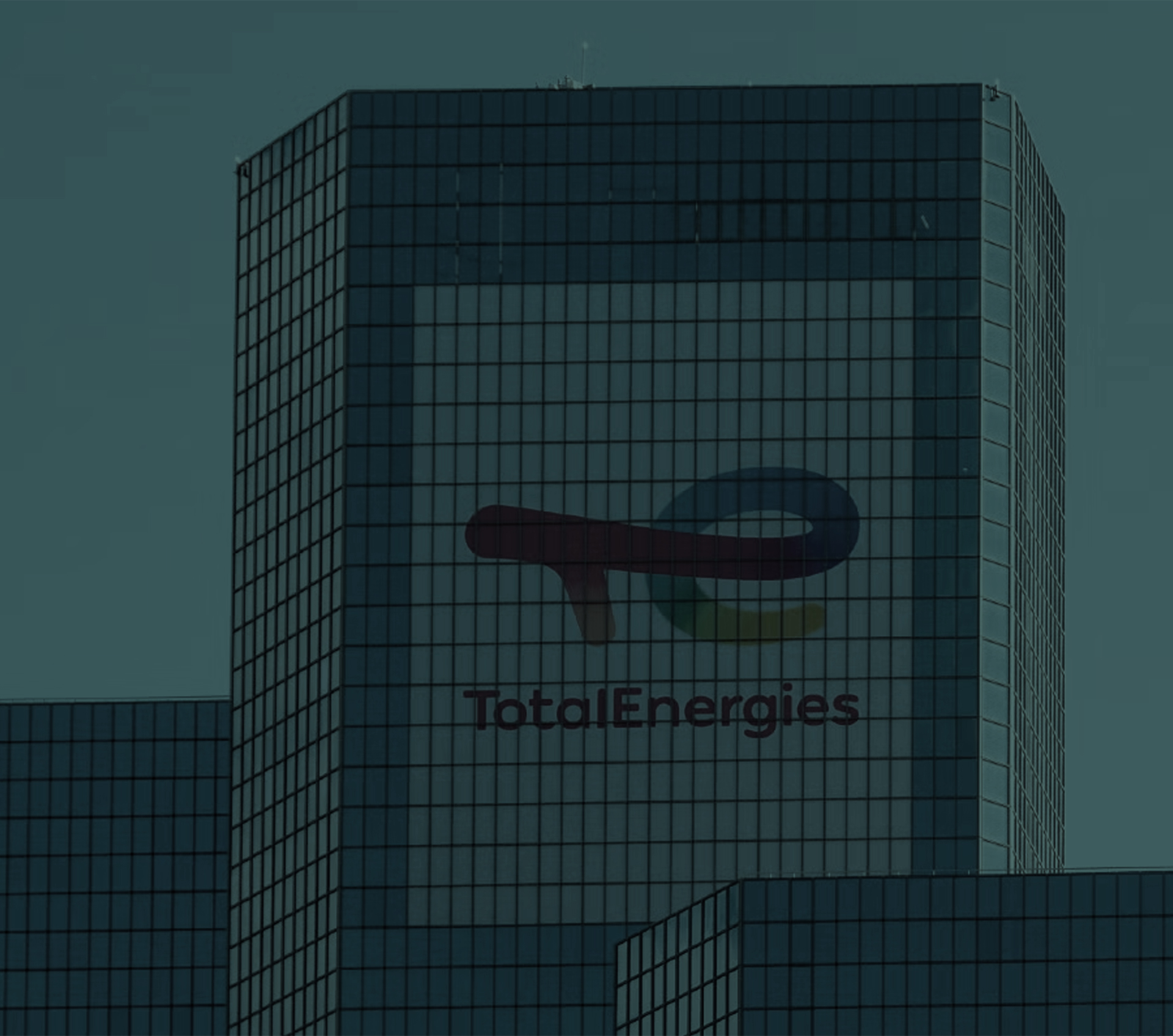As we bid goodbye to 2023, another year that presented unprecedented challenges to global workplaces, one resounding truth resonates throughout corporate corridors: employee experience is one of the most important factors in business success. Employee experience and engagement suffered a setback after a turbulent year due to economic issues marked by recessionary pressures and inflationary stresses, which offered unprecedented challenges and severely affected employee engagement.
Reflecting on this challenging period, it becomes clear that retaining employee motivation in the face of such adversity demands a strategic rethinking. The economic troubles of 2023 were diverse, putting strain on employment security and financial stability. According to a study by Harvard Business Review, prioritizing employee experience during turbulent times is essential. Another report by SHRM states that organizations that invested in fostering a positive and engaging employee experience found themselves not merely weathering but prospering in the aftermath of the economic downturn. According to this statistics, companies with a laser focus on employee experience are 24% more lucrative and perform 202% better than their competitors.
As we approach the year 2024, the focus on employee experience becomes more intense, transcending its status as a mere buzzword. This blog post will unpack the meaning of employee experience, explain why it is so essential in today's world, and explore the main ingredients that form an excellent employee experience.
What is Employee Experience?
Employee experience refers to an individual's total journey and engagement with their employer throughout their employment. It includes all touchpoints, from initial recruitment to onboarding, day-to-day work experiences, professional development, and departure from the business.
The workplace environment, organizational culture, leadership style, communication strategies, and technology usage all substantially impact the quality of the employee experience. Positive employee experiences enhance job satisfaction, engagement, and productivity, eventually contributing to the organization's success.
The concept of "employee experience" has evolved as a beacon of hope in this terrain—a holistic strategy to establish a workplace climate where employees survive and thrive. The value of employee experience is not only subjective; it is supported by reliable evidence. According to a Deloitte analysis, firms that emphasize employee experience are four times more likely to retain top talent and twice as likely to outperform financial performance goals.
What are the Key Stages of Employee Experience?
Four essential stages in the employee life cycle encompass the key moments that shape and define the total employee experience:
Stage 1: Attraction and Retention
The first stage entails attracting talent via effective recruitment tactics. A good employment journey begins with a positive candidate experience.
Stage 2: Integration and Employee Onboarding
An onboarding process is imperative for new employees to become acquainted with the organization's culture, values, and workflows. A smooth onboarding process develops a sense of belonging and lays the groundwork for long-term engagement.
Stage 3: Day-to-day Work Experience
The daily work environment is at the heart of the employee experience. A supportive work environment, clear communication, opportunities for progress, and an excellent work-life balance all substantially impact how employees perceive their day-to-day experiences.
Stage 4: Professional Development
Employee satisfaction is dependent on opportunities for continuous learning and professional growth. Furthermore, how companies handle transitions, such as promotions or role changes, significantly impacts an employee's feeling of career growth.
Organizations may create a good and fulfilling employee experience by prioritizing and maximizing each of these stages, resulting in enhanced employee retention, motivation, and overall organizational performance.
What are the Key Ingredients for Delivering Employee Experience?
Now that you have gained insight into employee experience and its relevance let's learn about the factors that drive excellent employee experience. Here are the key ingredients of an outstanding employee experience.
1. Workplace Technology
Undeniably, technology is an essential part of the workplace today. Technology enables an organization to collect, understand, and act on insights. Technology has come a long way, from typing machines to touchscreen laptops. Digitalization is the catalyst that drives most of this change in the business world. Communication between businesses has changed due to the emergence of digital technologies. Undoubtedly, organizations can only succeed if they have a productive workforce. They will be less productive if they lack access to the necessary tools.
The McKinsey study states that employees spend around 2 hours per day collecting information and searching for information to do their routine tasks. Ultimately, this impacts their experience and productivity. Implementing the right technologies like Generative AI, machine learning (ML), conversational automation, virtual reality, robotics, and augmented reality can help here.
Investing in modern tools like GenAI-enabled helpdesks, conversational HR chatbots, or innovative employee engagement tools can solve this problem. These technologies offer tremendous potential to improve the employee experience by providing seamless employee support, automating tedious tasks, providing the right information at the right time, etc.
This will enhance your employees' efficiency and performance and elevate your business ROI to the next level.
2. Positive Work Culture
Establishing a great company culture is key to ensuring a great employee experience. Company culture is what binds all employees of a company together. Positive company culture affects your employees' performance. Similarly, it is crucial in employee engagement, motivation, and satisfaction.
So, organizations need to maintain a positive culture. It starts with your onboarding process, in which you hope to integrate your employees into the corporate culture, and ends with your exit interview, in which reinforcing those values play an equally important role.
3. Training and Professional Development Opportunities
The majority of employees prefer an excellent salary and a good workplace culture. A good company should have more to offer, such as training and development. It is no secret that people love to develop new technologies and skills. The goal of every professional is to be better at what they do, learn new skills, and eventually progress in their careers. They expect their employers to provide them with opportunities to learn new skills.
If you want to create a culture focused on learning and development, you can hold regular lunch and learn, give people an annual learning stipend, plan an in-depth education program for future leaders, or do all of the above.
4. Workplace Collaboration
It is crucial to help employees attain success by removing barriers to engagement. Trust and open communication are essential to employee success. The collaboration encourages communication, creates a judgment-free work environment, enhances information sharing across the organization, and improves employee productivity.
Collaboration means getting things done and communicating effectively with team members, bosses, and clients.
5. Employee Well-Being Enhanced by Health and Wellness Programs
Employee well-being is supported not only physically but also mentally and emotionally. Providing health and wellness programs and stress management services leads to a healthier, more resilient team.
Recognizing individual work-life balance demands through flexible scheduling or remote work opportunities displays a commitment to the overall well-being of employees.
6. Educate Organizational Mission and Employee Recognition
Employees must understand the organization's mission and values and feel valued for their contribution. Feeling welcomed and appreciated is the most critical factor in boosting employee experience; employee engagement will be minimal if the employee does not think their contributions are valued.
7. Ask For Feedback
Finding out what your employees feel about your company is very crucial. It can be difficult for employers to ask for feedback. With it, it might be easier to identify and fix problems within the journey - and your solutions might be effective. Employee feedback can be obtained in many different ways. Managers can survey employees in one-on-one meetings or using an online survey. In addition, many employees' engagement and experience platforms provide insight into the success of employee initiatives and how much your staff utilizes specific tools and internal communications.
In the same way, employee feedback isn't a one-time thing. It should be a continuous process that gives you key insights at each touchpoint of the employee journey as part of your employee experience framework.
Now, it's time to look at the end-result.
Benefits of Prioritizing Employee Experience
Prioritizing employee experience results in a slew of benefits for both employees and the organization as a whole. Here are some significant benefits:
- Boost Employee Engagement
Employees with favorable work experience are likelier to be engaged in their positions. Engaged employees are devoted, enthusiastic, and eager to go above and beyond to contribute to the organization's success.
- Increased Retention Rates
Employees are likelier to stay with a company if they feel appreciated and satisfied with their work environment. This lowers the costs of recruiting, onboarding, and training new employees.
- Elevated Employee Productivity
A positive employee experience is associated with increased productivity. Satisfied and engaged employees are more focused, driven, and committed to doing high-quality work. - Better Talent Acquisition and Recruitment
Companies that provide excellent employee experiences become more appealing to prospective employees. Positive employee referrals and a strong employer brand can attract top talent, making recruitment more productive.
- Enhanced Employer Branding and Reputation
Companies that value employee experience develop a positive employer reputation. This recruits great people and improves the organization's overall image in the eyes of customers, partners, and the general public.
- Increased Employee Satisfaction
Employee satisfaction is a direct result of a great work experience. Satisfied employees are more likely to be loyal and committed and contribute favorably to the overall workplace environment.
Conclusion
In my journey through the complex landscape of developing an exceptional employee experience, I have revealed the seven main factors that stand as the foundations of workplace excellence. As we close the book on our investigation, it is clear that the growth of the professional world necessitates a purposeful and holistic approach to employee engagement.
From cultivating a culture of continual growth to delivering better technology, each component is critical in establishing a workplace that defies conventional notions. Organizations must realize the transforming power of an exceptional employee experience in the constantly changing workplace when the chase for top talent is more competitive than ever.
As organizations negotiate the difficulties and opportunities of the current professional landscape, the blueprint for excellent employee experience detailed in this blog serves as a road map. It's a call to action for employers to reconsider their tactics, emphasize employee well-being and progress, and recognize that a vibrant workplace culture is the foundation of long-term success.
Elevate Your Employee Experience with Rezolve.ai's GenAI-enabled Sidekick Tools. Book a Demo Now
FAQs
1. What exactly is employee experience, and why is it so crucial?
The term "employee experience" refers to all interactions a person has with their employer. It is critical because it immediately impacts job satisfaction, productivity, and organizational performance.
2. What is the difference between employee experience and employee engagement?
Employee experience encompasses all parts of the employee journey, whereas employee engagement primarily refers to an employee's emotional connection to the firm.
3. What difficulties did employees face in 2023 that influenced their experience?
Employees faced economic issues such as recessions and inflation, job security worries and a volatile job market, influencing their entire workplace experience.
4. How can businesses assess employee satisfaction?
Employee experience is widely measured using surveys, feedback sessions, turnover rates, and productivity measures.
5. What are the essential elements of a great employee experience?
- A pleasant work culture
- Opportunity for career advancement
- Open communication
- Frequent recognition
- Work-life balance
- An emphasis on employee well-being are all components.





.webp)




.jpg)

.png)








.png)